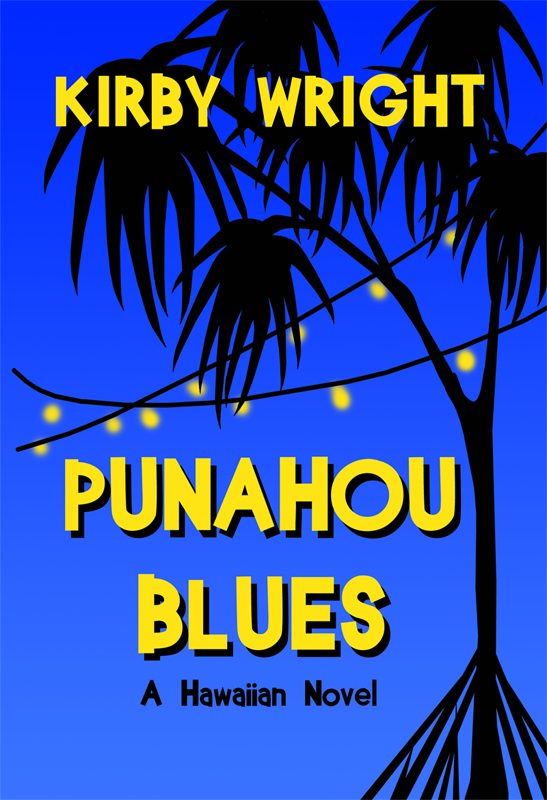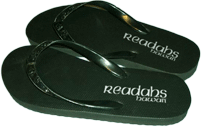 Punahou School. You mention those words and you get very mixed reactions from different segments of the population. To the people outside of Hawaiʻi, Punahou School is widely known as the alma mater of Barack Obama. To many of them, it’s representative of the multicultural upbringing and philosophy we associate with President Obama.
Punahou School. You mention those words and you get very mixed reactions from different segments of the population. To the people outside of Hawaiʻi, Punahou School is widely known as the alma mater of Barack Obama. To many of them, it’s representative of the multicultural upbringing and philosophy we associate with President Obama.
In Hawaiʻi, Punahou School engenders a rather different meaning. For kids, Punahou School may mean the Punahou Carnival, which happens to be one of the best carnivals in the state. In terms of the school, Punahou is one of the more prestigious and expensive private schools on the island and as a result kids from Punahou may be thought of as spoiled brats, especially by those from a public school background. Going back a generation or more, Punahou is commonly cast as a haole school due to its history of being founded as a missionary school and its primarily Caucasian enrollment during its earlier years. Either way, mention the word “Punahou” and outside of a job interview, you’re likely to get dirty looks or smart-ass remarks about privilege, wealth, or snobbery*. [For the record, I attended Punahou for two years at Castle Hall]
 It’s within this turbulent atmosphere that Kirby Wright’s Punahou Blues is set. You could almost describe this novel as The Wonder Years for a hapa haole kid going to Punahou in the 1960’s and 70’s. A majority of the book takes place on the historic campus during this time frame, with only the earliest childhood memories harking back to his Hawaiian grandmother on Molokaʻi. Each chapter reads like a short story, recounting a pivotal event in the life of the protagonist, Jeff, who is portrayed as a typically rowdy, angst-ridden, and love-starved youth. Like Kevin Arnold, he’s not necessarily the most gifted or popular kid in school but he has a kolohe streak in him that gets him into trouble with authority, bullies, and girls.
It’s within this turbulent atmosphere that Kirby Wright’s Punahou Blues is set. You could almost describe this novel as The Wonder Years for a hapa haole kid going to Punahou in the 1960’s and 70’s. A majority of the book takes place on the historic campus during this time frame, with only the earliest childhood memories harking back to his Hawaiian grandmother on Molokaʻi. Each chapter reads like a short story, recounting a pivotal event in the life of the protagonist, Jeff, who is portrayed as a typically rowdy, angst-ridden, and love-starved youth. Like Kevin Arnold, he’s not necessarily the most gifted or popular kid in school but he has a kolohe streak in him that gets him into trouble with authority, bullies, and girls.
The book is simple and easy to read, each chapter providing a fun anecdote in the life of this Punahou student. Kirby drops Hawaiian words and Pidgin into his dialogue where it makes sense and in some cases where it doesn’t. I don’t know the basis for speech patterns of Hawaiʻi in the 1960’s and 70’s but I don’t think I’ve heard anyone utter “no ka oi” in the manner written in the book. You’d have to read it to understand, but please feel free to correct me if I’m wrong.
There is also an interesting scene where Jeff casually drops in a Hawaiian word into his English conversation, but his father quickly reprimanded him on not speaking Hawaiian. A strange request considering: a) we drop Hawaiian words into our everyday conversations without thought, and b) his father is where Jeff gets his Hawaiian blood from. It’s not unique—I’ve read situations like that in a few other novels and writings, but it’s always interesting to see how unacceptable Hawaiian was only a few decades ago. There are a few scenes in the book of the Hawaiian-haole dynamic at play, such as Jeff’s grandmother despising his “fat, white” mother and confrontations with kids from certain bus stops who call him a haole because of his light complexion.
Overall, Punahou Blues is a light, humorous, and well-written look into the life of a kid growing up on what could be described as the more privileged side of Hawaiʻi—a side that is not without its own trouble and setbacks, most of which are founded on universal themes and conflicts that are relatable to anyone’s adolescent years. I would primarily recommend it for young adults due to the coming-of-age subject matter and easy-to-read prose.
Punahou Blues
By Kirby Wright
Lemon Shark Press, 2005
240 pages
*Yes, I am just painting a generalization here, albeit one commonly held by non-Punahou grads.
BONUS VIDEO
It’s not implicitly stated on anything, but Punahou Blues comes off as very autobiographical. One of the most climactic, and well written chapters in the book relates to a boxing match where Jeff takes on the bully who’s plagued him all his life. Guess what? There is actual footage of this event, filmed by a classmate. Check out the first round of “The Fight of the Century:”




